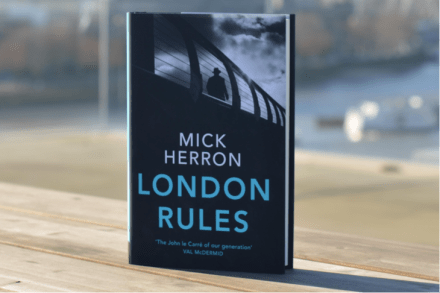Sympathy for literature’s least heroic characters
More from BooksWhether we see the primary cause as being postmodernism (for decades we’ve been told that our master narratives no longer connect us to each other) or cultural fragmentation (apart from worldwide phenomena such as Game of Thrones and the World Cup, we possess few shared encounters), the intellectual consensus is that we don’t talk meaningfully















